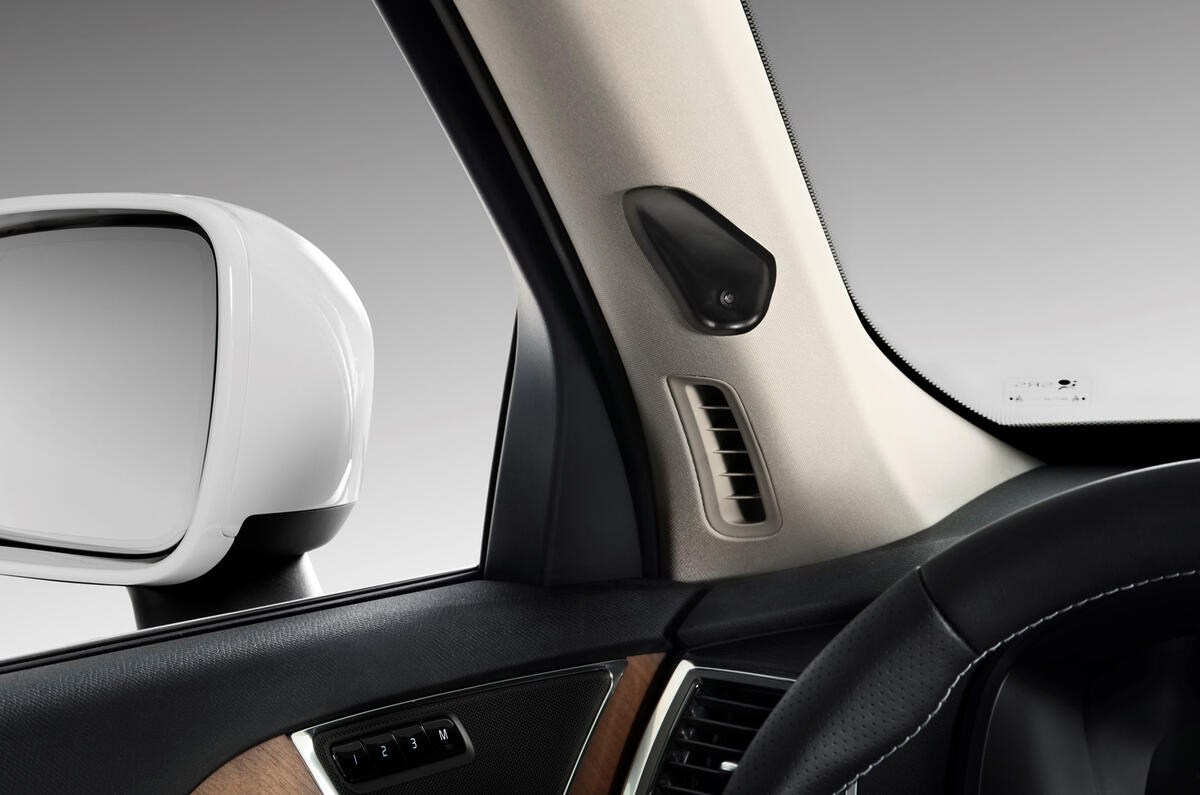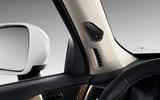Volvo will fit driver monitoring cameras to all models as standard from the 'early 2020s', a step that could lead to a car equipped with self-driving technology taking control away from a drunk driver.
The initiative is part of the firm’s ambition to achieve zero road fatalities. It will also impose a 112mph speed limit upon all of its vehicles from 2021.
The monitoring system will be able to detect if the driver is drunk or drugged, or if he or she has fallen asleep or is distracted. Volvo said: “These three areas constitute the main ‘gaps’ towards Volvo’s vision of a future with zero traffic fatalities.”
The plan to introduce in-car cameras and sensors is partly based on data from the US that shows almost 30% of traffic deaths in vehicles in 2017 involved intoxicated drivers.
The UK figure is understood to be much lower, however. In 2016, 230 people died in drink-drive crashes, so “intoxicated drivers” will be a smaller proportion. That figure represented 12% of the 1792 fatal accidents in the UK in 2016. In addition, around 8800 people were seriously injured in accidents that year.
Volvo says it believes intoxication and distraction should be addressed by fitting cameras and sensors that “allow the car to intervene if the driver doesn’t respond to warning signals”. For future vehicles fitted with advanced autonomous systems, it's entirely feasible that the in-car sensors will take control and manoeuvre the car to safety.
“That intervention could involve limiting the car’s speed, alerting Volvo On Call assistance and, as a final course of action, slowing down and safely parking the car,” said Volvo.
Cars built on the next iteration of the firm's scalable SPA2 platform and launched in the early 2020s will be the first to have the in-car cameras and sensors, but details of their numbers and positions are yet to be revealed.
Volvo is also introducing Care Key as standard on all of its cars. This is a technology built into the car’s key that allows a speed limit to be set for drivers who borrow the car. Ford introduced a similar system, MyKey, six years ago on the Fiesta with the aim of preventing speeding among younger drivers borrowing their parent’s car.
Volvo has said it wants to start a debate about whether car firms have the right or the obligation to install technology that forces a change in driver behaviour.
The announcement of the new driver monitor system comes as Volvo celebrates the 60th anniversary of it launching the three-point seatbelt as standard equipment.
Invented by Nils Bohlin, the three-point seatbelt is estimated to have gone on to save more than a million lives globally, largely because Volvo decided to share the design with all other car firms.
Read more
Volvo to limit all new cars to 112mph top speed from 2021 onwards







Join the debate
Add your comment
Volvo should concentrate on
Volvo should concentrate on more basic driver safety, for example easy to operate climate controls rather than being obsessed with touchscreens, before bothering with this kind of stuff.
How about a system
How about a system automatically adminstering electric shocks to such as wealthy footballers too dim to read the 3 pages in the manual in the glovebox 'How to pair your phone with bluetooth' and therefore detected driving and using a mobile phone.
Just cover the camera or pull the fuse
There will be a work around. Insurance should be lower for users though.